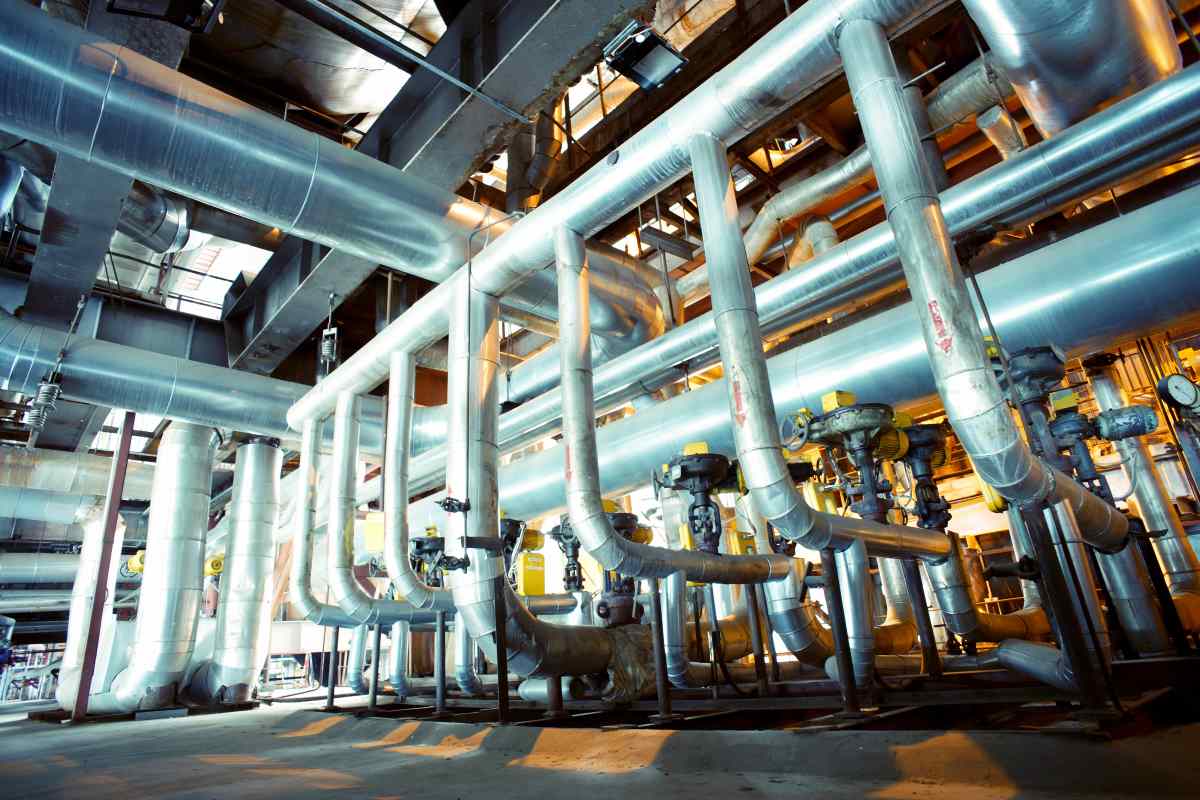Technical Review
- 1 October 2025
- Costs of CCUS
- Event Proceedings
IEAGHG’s 8th CCS Cost Network Workshop, hosted by Bechtel at their Energy Headquarters in Houston, the so-called Energy Capital of the World, took place on March 5–6, 2025. This invitation-only, in-person gathering convened around 50 leading experts from industry and academia, fostering a highly interactive forum for in-depth discussions on advancing real-world cost estimation across the CCS value chain.
The workshop was opened with welcoming remarks from Bechtel’s Bill Elliot, Operations Manager, ET, and George Whittaker, CCUS Operations Manager, which set the scene for a workshop focused on sharing expertise, challenging assumptions, and identifying practical pathways to lower CCS costs.


